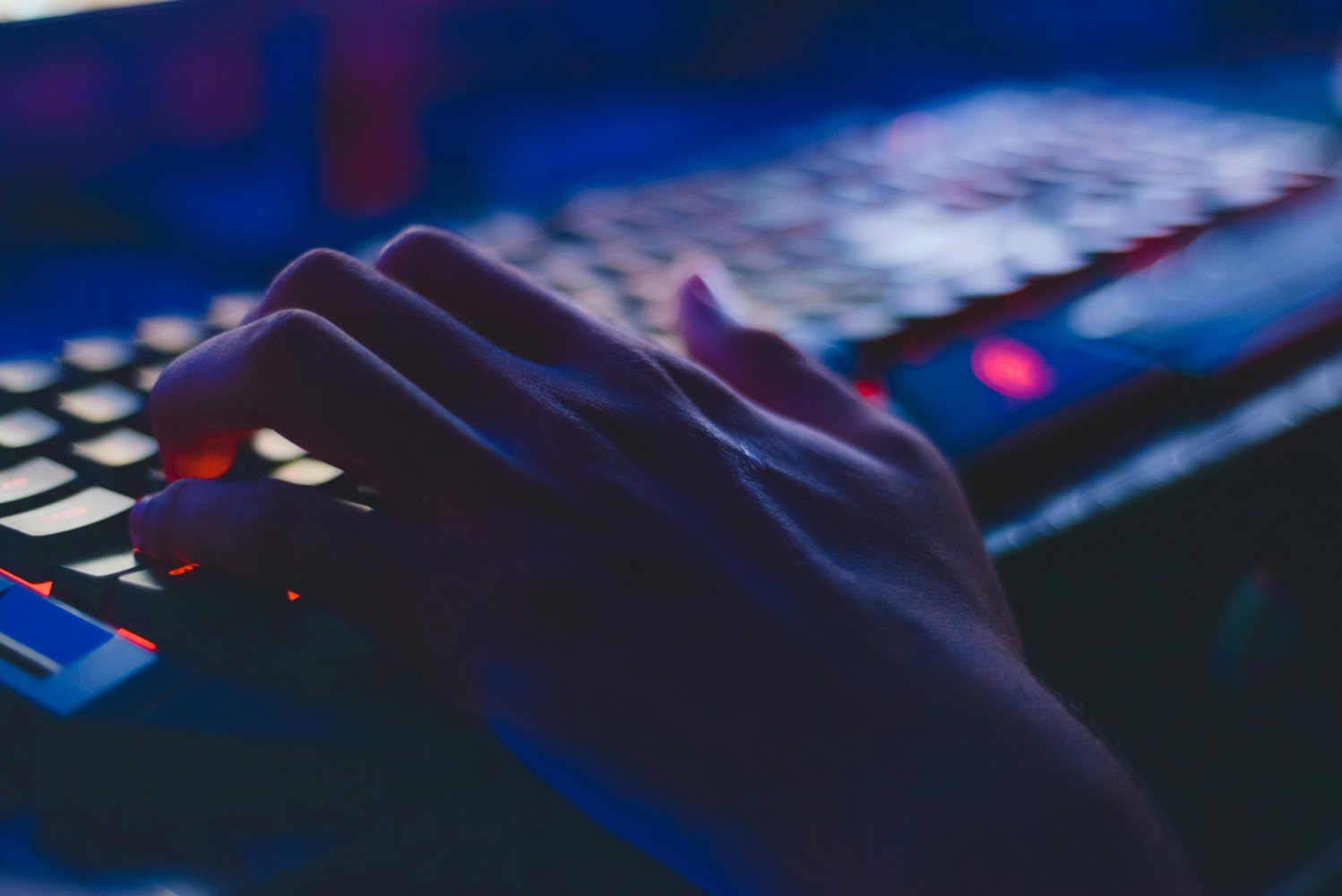
The internet isn’t supposed to be like this
9 Apr, 2025
“I can see you as you are and love you sight unseen and be lonely with you on the other side of a strange and beautiful square of glowing plastic that contains nothing less than the future.”
I’ve been living part of my life online for a long time. As a teenager: early messageboards and Yahoo groups for the bands I loved. ICQ and MSN Messenger. Livejournal, which was a place to channel all my big, deep, gross feelings, fears and desires, as well as a place to find the nichest of subcultures, the filthiest of fanfiction and sometimes even friends. Accessed via the computer labs at school then later college and uni.
In the time since, it’s become ubiquitous: once I moved to London, I had a laptop with wifi and a desk in the box room of my shared Lewisham terrace, where I wrote stories and researched places to send them, and disappeared down rabbitholes of reddit posts by people describing how the contraceptive pill had made them deeply sad and batshit crazy, because my mental health was in the absolute bin and I’d read the entire goddamn internet during those dark hours, scrambling for some solution or relief. (Turns out coming off the pill was the first part of the answer, and those accounts of anonymous internet strangers were a big help in figuring that out).
I remember making plans before I left the house. I remember printing out maps before I went somewhere new. I remember getting Facebook sometime in maybe 2007, and I remember signing up to Twitter from the soulless PR agency office where I worked in Clapham on New Year’s Eve in 2008. I remember getting the email notification that I was being followed by Stephen Fry, and having no fucking clue what that meant. I remember Twitter becoming a cute little home I made with other writers, some I knew in real life and some I’d never met.
My first smartphone – I think – was one I got given for free by Nokia in 2012 for being a ‘Remarkable Woman’ (lol). I’d left London by then and remember fannying about with it for the entire train journey trip back to Manc, not really comprehending what I’d use it for beyond the camera and maybe playing music. I don’t remember when it became normal to have one. I don’t remember how or when it became automatic to check emails or social media away from my desk. I don’t remember when it became normal to be out with my mates and look up to realise we’d all fallen down the tunnels of our separate screens. But the creep of it happened bit by bit and then all at once, and one day I realised it had become the default.
I have had many incredible things happen because of the internet. Having an infinite treasure trove of information at my literal fingertips has been useful and fun and soothing and curiosity-sating in endless parameters, and I’ve been grateful for it when navigating unknown cities and perving on crushes, hyper-fixating on a fandoms and other new obsessions, and devouring stories and poetry on buses when I’ve left my book at home.
And yet. Like so many other people, I have come to question and fear many of the forces that have come to shape and control the internet as it exists today. I’ve come to recognise and fear the impact of it on my brain, which is a gelatinous bowl of curdled custard at the best of times and far more so at my worst moments of getting stuck in some deep scroll.
So I’ve been experimenting and making changes. I’ve found wisdom and solace in the writing Dana Leigh Lyons has shared on online addiction and making online life an afterthought. I’ve craved the peace artist Kening Zhu describes in her practices of digital silence. Being in the early days of recognising and attempting to understand my neurodivergence, it’s been helpful to frame this ongoing exploration in those terms too.
Kill your darling, darling, says Skye Sclera, because “there are no off-ramps online, no indications of how long we’ve been lost in the sauce. There is no calendar, no opening hours, no alarms unless you set them. A smartphone is the equivalent of a 24hr casino where you can order a banana split and a bourbon at 7am and the lights are always on.” Which, for brains like mine, more vulnerable than most to dopamine imbalance, impulsivity and addiction, is not an environment I trust myself to be moderate in.
“Every second you spend online you are at risk of being manipulated,” Sclera says in that same piece. “This is not a character flaw, it’s a simple fact. You are just one human being against the might of billions of dollars and teams of behavioural psychologists hell-bent on keeping you imprisoned in a little square of glass and slave-mined metals.” Which is a helluva quote, one that chills me to my core, and one which brings me on onto…
In my seemingly never-ending quest to understand and be more intentional about my relationship with The Internet, there are certain pieces of writing which have helped crystallise the seductive promise and threat of our collective online world and social media in particular. In lieu of any grand answers, I’m bringing them together in a banging dystopian mixtape because the kaleidoscope of perspectives here say far more than I ever could.
I started stashing these links and quotes away as I read them, at first just for myself. There’s enough of them now to share them with you. But there was another quote I’d saved with them that I want to share too. Not from an online essay about social media, but from How to Do Nothing by Jenny Odell:
Snaking through the midst of the banal everyday is a deep weirdness, a world of flowerings, decompositions and seepages, of a million crawling things, of spores and lacy fungal filaments, of minerals reacting and things being eaten away – all just on the other side of the chain-link fence.
That’s my hope for all of us: more deep weirdness and crawling things, beyond this chain-link fence.
Tags: the internet, online addiction, neurodivergence, social media
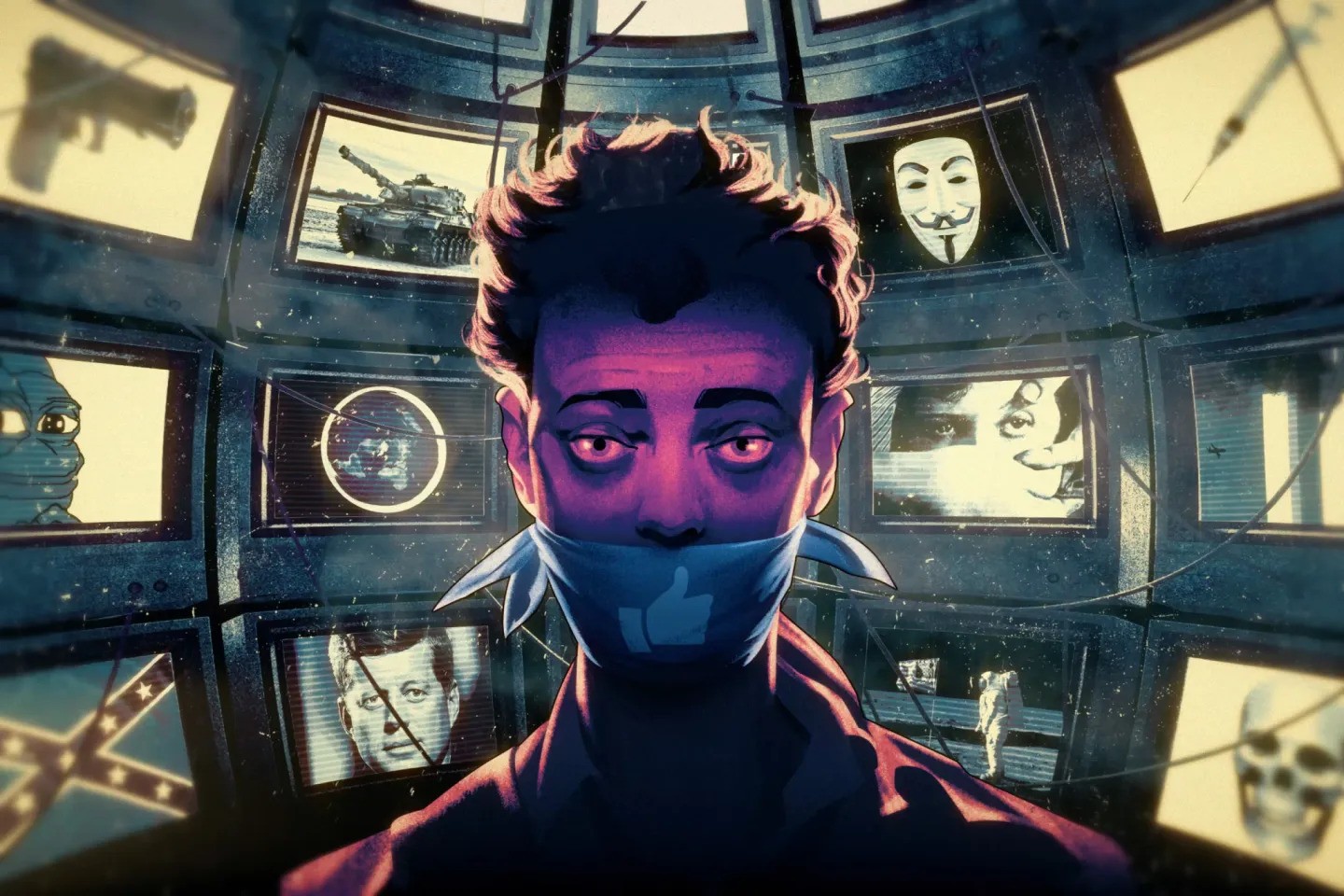
Collectively, the employees described a workplace that is perpetually teetering on the brink of chaos. It is an environment where workers cope by telling dark jokes about committing suicide, then smoke weed during breaks to numb their emotions. It’s a place where employees can be fired for making just a few errors a week — and where those who remain live in fear of the former colleagues who return seeking vengeance.
This deep-dive investigative report by Casey Newton into the secret lives of Facebook moderators in America is truly terrifying. Published in 2019, it was ground-breaking at the time and feels just as relevant in the shitshow of 2025.
The Trauma Floor | The Verge (2019)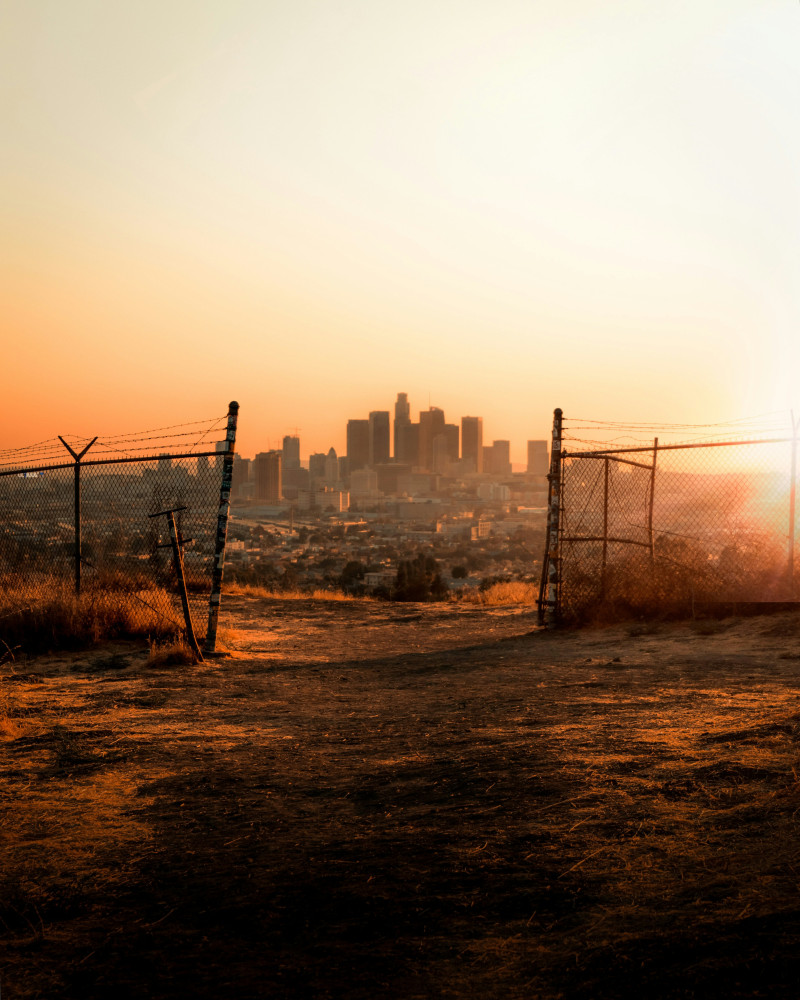
The social web is doing exactly what it was built for. Facebook does not exist to seek truth and report it, or to improve civic health, or to hold the powerful to account, or to represent the interests of its users, though these phenomena may be occasional by-products of its existence. The company’s early mission was to “give people the power to share and make the world more open and connected.” Instead, it took the concept of “community” and sapped it of all moral meaning. The rise of QAnon, for example, is one of the social web’s logical conclusions. That’s because Facebook—along with Google and YouTube—is perfect for amplifying and spreading disinformation at lightning speed to global audiences. Facebook is an agent of government propaganda, targeted harassment, terrorist recruitment, emotional manipulation, and genocide—a world-historic weapon that lives not underground, but in a Disneyland-inspired campus in Menlo Park, California.
Scary shit. In a piece which introduced me to the concepts of megascale and, nightmare-inducingly, megadeath, Adrienne LaFrance dissects the harm Facebook has done and continues to do to the world, the way it weaponises its mammoth amounts of power, and the threat it poses to humanity.
Facebook is a Doomsday Machine | The Atlantic (2020)
I can see you as you are and love you sight unseen and be lonely with you on the other side of a strange and beautiful square of glowing plastic that contains nothing less than the future. Because that’s what we have to do. Be each other’s pen pals. Talk. Share. Welcome. Care. And just keep moving. Stay nimble. Maybe we have to roll the internet back a little and go back to blogs and decentralized groups and techy fiddling and real-life conventions and idealists with servers in their closets. Back to Diaryland and Minnesota and grandiose usernames and thoughts that take ever so much more than 280 characters to express. That’s okay. We can do that. We know how. We’re actually really good at it. Love things and love each other. We’re good at that, too. Protect the vulnerable. Make little things. Wear electric blue eyeshadow. Take a picture of your breakfast. Overthink Twin Peaks. Get angry. Do revolutions. Find out what Buffy character you are. Don’t get cynical. Don’t lose joy. Be us. Because us is what keeps the light on when the night comes closing in. Us doesn’t have a web address. We are wherever we gather. Mastodon, Substack, Patreon, Dreamwidth, AO3, Tumblr, Discord, even the ruins of Twitter, even Facebook and Instagram and Tiktok, god help us all. Even Diaryland.
This is the one. The piece that made me start squirrelling away these links like if I collected enough of them I’d have the answers. Written in the throes of Musk’s Twitter takeover, Catherynne M. Valente rages and grieves and somehow also holds onto some much-needed hope about how our connections to each other are more powerful and enduring than the extractive evils of capitalism, than tech platforms run by billionaire bigots. Digital spaces will fall to ruin and even disappear, but even in wastelands and wilderness, connection, community and resistance survive.
Stop Talking to Each Other and Start Buying Things: Three Decades of Survival in the Desert of Social Media | Welcome to Garbagetown (2022)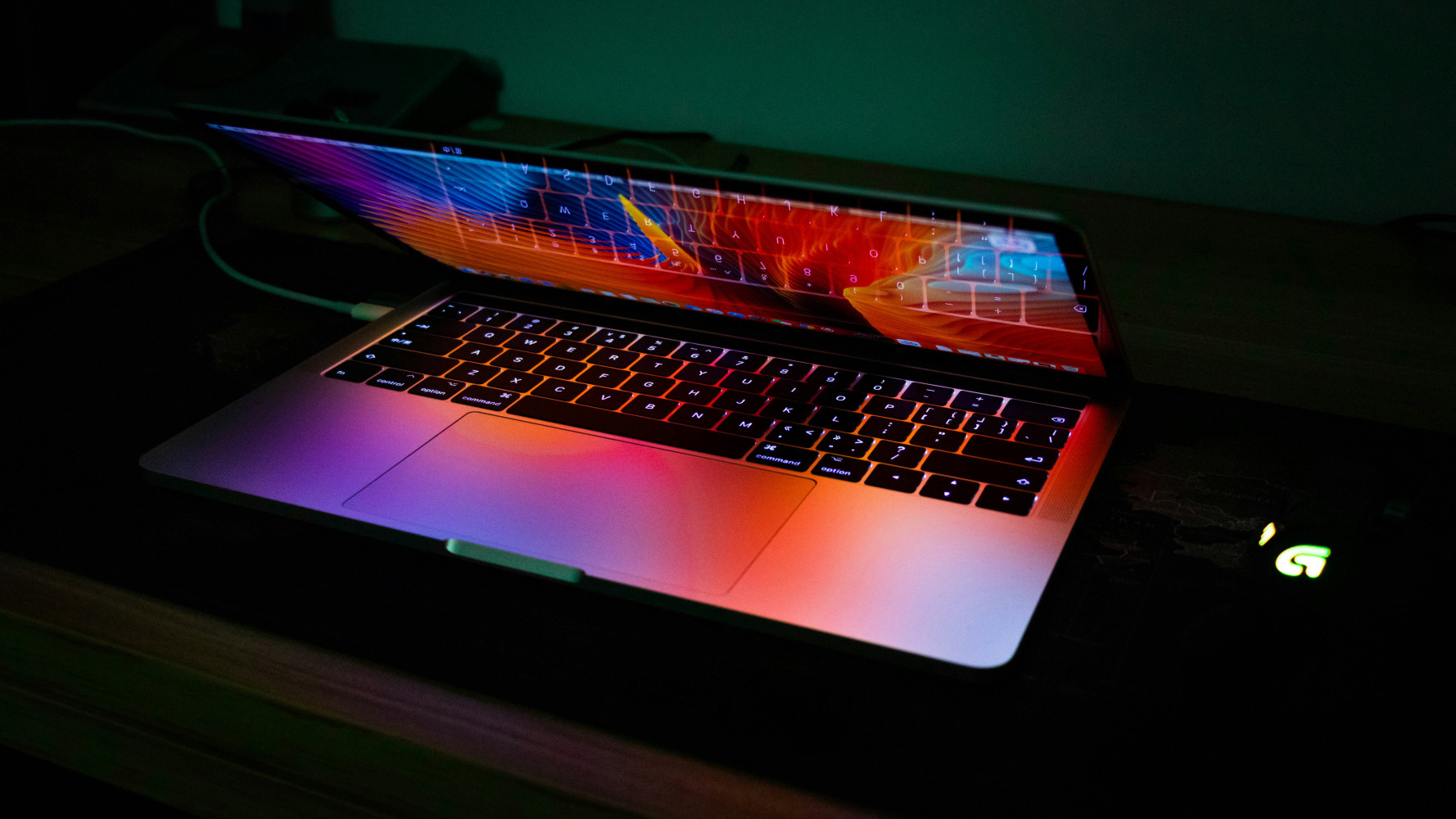
It is worth remembering that the internet wasn’t supposed to be like this. It wasn’t supposed to be six boring men with too much money creating spaces that no one likes but everyone is forced to use because those men have driven every other form of online existence into the ground. The internet was supposed to have pockets, to have enchanting forests you could stumble into and dark ravines you knew better than to enter. The internet was supposed to be a place of opportunity, not just for profit but for surprise and connection and delight.
Published just as Bluesky was starting its ascendance as a credible alternative to Twitter, this essay from Kelsey McKinney grapples with the problems common to both, asks whether they’re inevitable and imagines what else the internet could be. Also its opening sentence (“because my brain was infested with worms at a very early age, I value continuity of username across platforms more than my own sanity”) totally sucked me in, and from there I was along for the ride.
The Internet Isn’t Meant To Be So Small | The Defector (2023)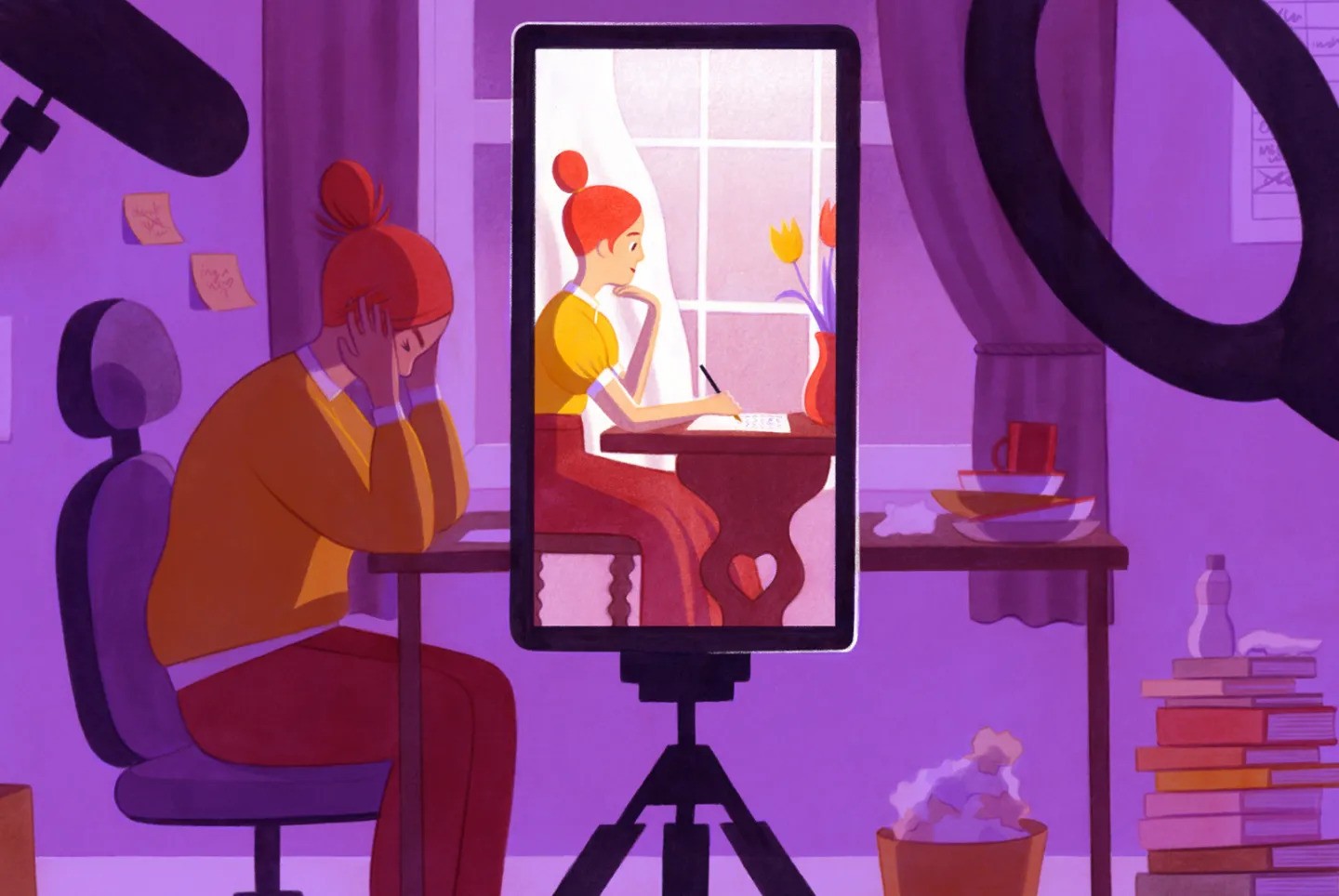
You’ve got to offer your content to the hellish, overstuffed, harassment-laden, uber-competitive attention economy because otherwise no one will know who you are… You’ve got to do it even though the people rewarded for “putting themselves out there” are most often the same people society already rewards. You’ve got to do it even though algorithms are biased against poor people, against people of color, against people who don’t conform to patriarchal societal norms…You’ve also got to do it despite the many mea culpas from influencers who say influencing sort of ruined their lives.
This essay from Rebecca Jennings charts the damage done when capitalism demands artists and creatives do ever more performative labour in the quest for algorithmic attention and rewards, identifying many aspects of why I’ve come to hate social media with every fibre of being and asking much-needed questions about why so many of us feel we have no choice but to be part of it.
Everyone's a sellout now | Vox (2024)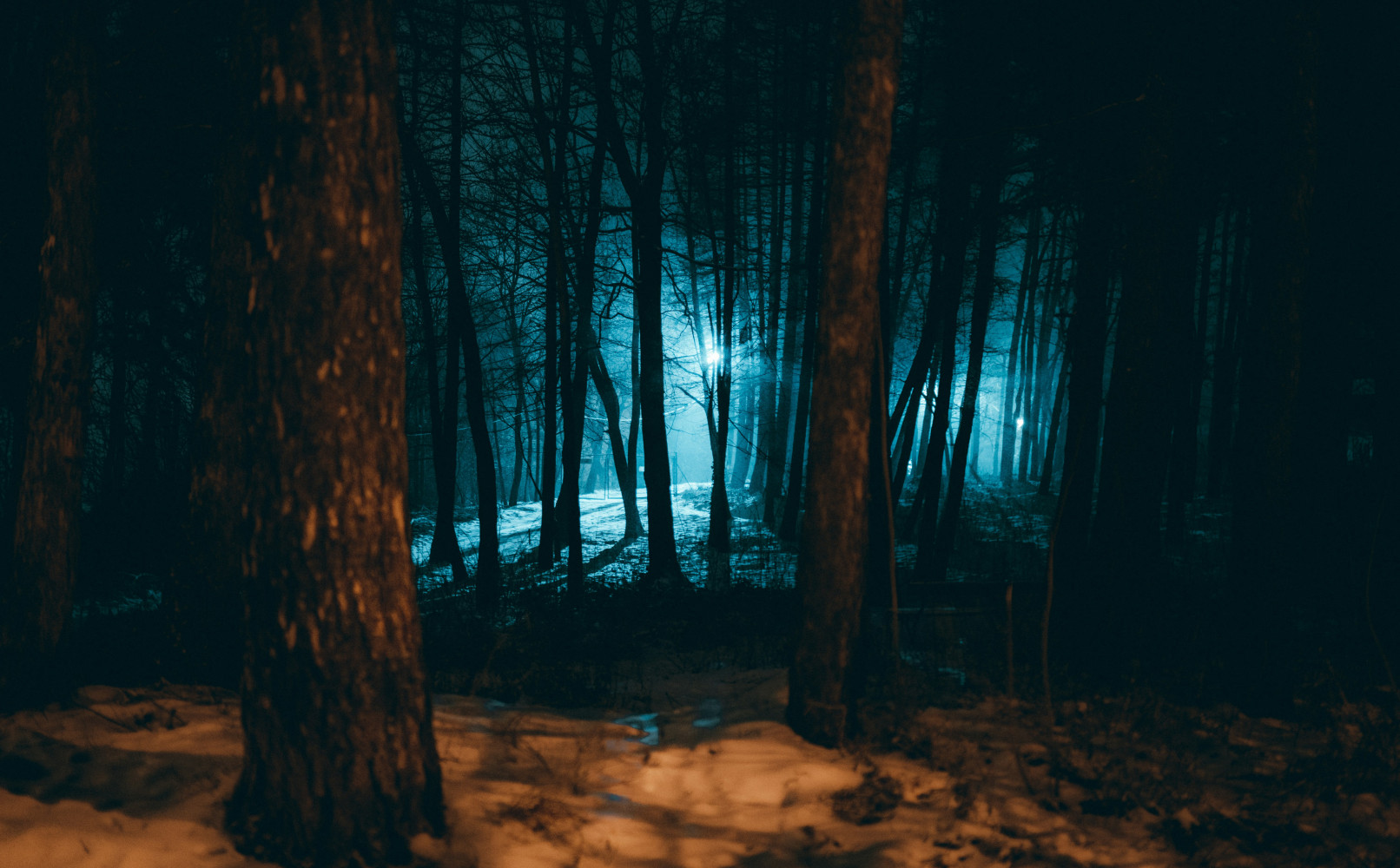
Our failure to remember that the mega-platforms are just intentionally extractive constructs run by brainmelted but very human weirdos is a failure of accountability, but our failure to remember that it doesn’t have to be this way is a failure not only of imagination, but of nerve.
An introduction to and rejection of the concept of the internet as a perilous dark forest, a place stalked by shadowy forces and ever-present threat (which whether coincidentally or not, is imagery that parallels the quote I used for the Defector piece above). A thoughtful essay by writer and researcher Erin Kissane that acknowledges the harms done by social platforms while also envisioning a internet forest that’s ‘interconnected from the densely mycelial underground to light-filtering overstory but also offering infinite niches and multi-scale zones of sheltered exchange and play.’
Against the dark forest | wreckage/salvage (2024)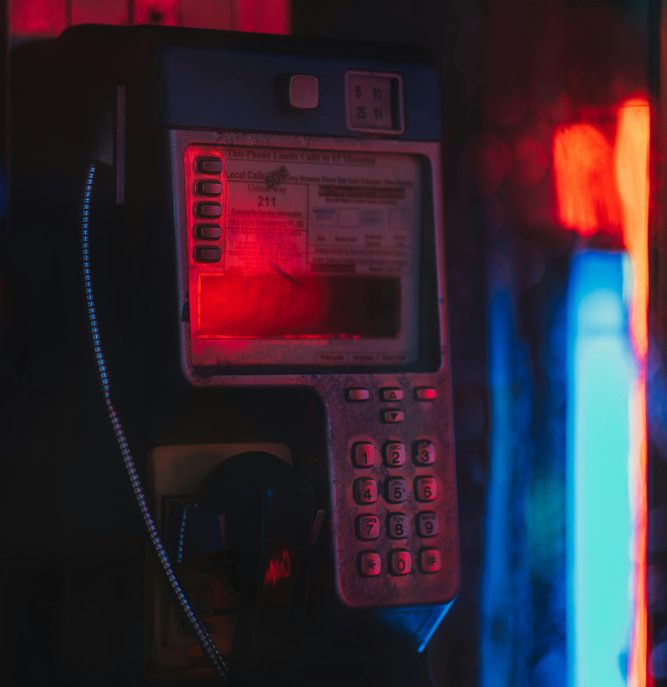
We are watching the internet slip away as websites and apps rise and fall, swallowed by private equity, shuttered by burnout, or simply frozen in time — taking with it our memories, our cultural phenomena, our memes.
The internet is forever. That’s what we were warned. And while parts of our digital pasts have the potential to return to haunt us or bite us in the arse, other parts of it are vanishing without warning. So what happens to our collective memory and culture when the digital trails of them start disappearing? This essay by s.e. smith explores how the rise of AI is contributing to internet rot, distortion and degradation, while also grieving what’s vanished without trace.
How to disappear completely | The Verge (2024)